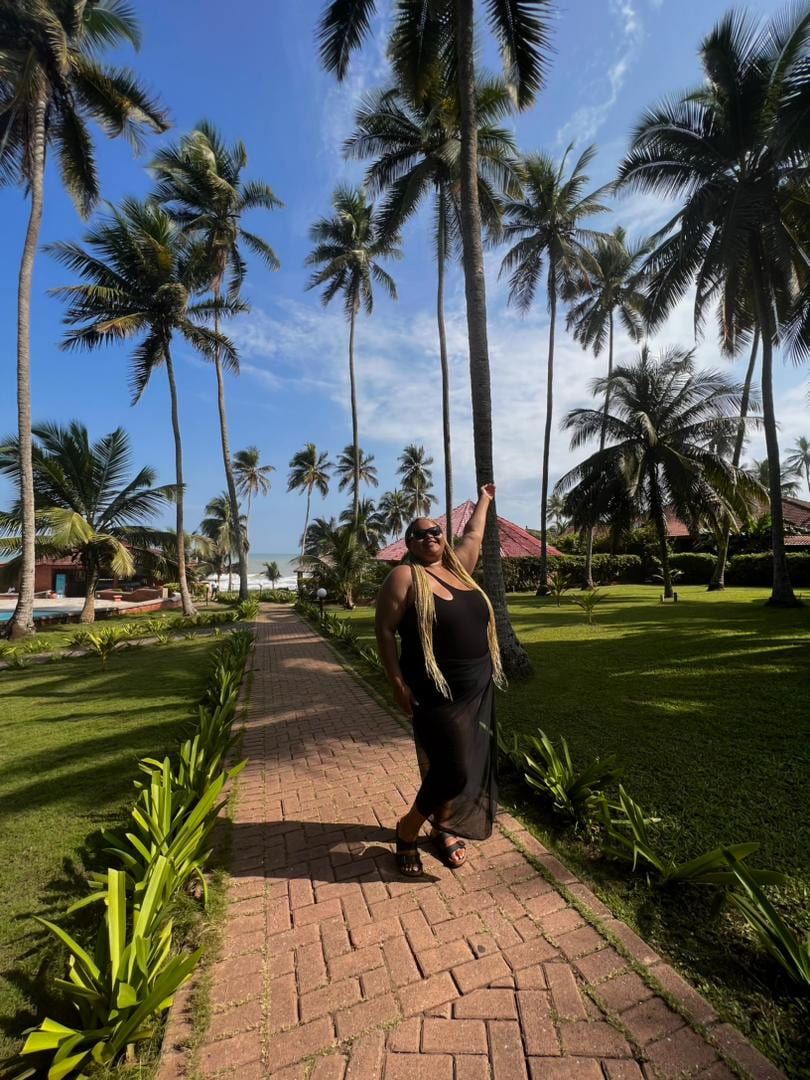By Kiasia Baggenstos
Growing up bi-racial I would always feel like being black and white was like politics, it was as if I was too black to be white and too white to be black. I would see different beliefs on each side of my family, and I was not able to make sense of everything until I became a teenager. For two years of my childhood, I lived with part of my family that was white in a rural country town, in Scotia, California. I was one out of two kids in Scotia who were black, which I didn’t see as an issue until I started to realize I was being treated differently. I would always get called to the office at school, being gaslighted by the teachers and staff because the other students who were white would say I was a bully because they were scared of what they thought black people were capable of. I didn’t understand the concept of racism because I was only seven years old at the time, but as an activist and sophomore in undergrad, everything is becoming clearer than ever.
Since I have been in college I have had the opportunity to take classes centered around teaching black history and how racism began, but even after taking a few classes about what it means to be black, I knew I needed to learn more, but I didn’t know where to start. As I found myself searching up what black clubs and programs the University offers, I stumbled upon a unique study abroad program in Africa. “Media in Ghana,” I read aloud and wondered where I could sign up and if the program accepted freshmen like myself. I started asking my professors if they knew anything about the program and they all told me that the program does not usually accept freshmen, so I went to ask one of my mentors, Dr. Deb Morrison. I remember telling her my concerns about being a freshman and she told me that she thinks I would be great for the program and to talk to Dr. Leslie Steeves. After roaming through Allen Hall trying to find Professor Steeves’s office, I finally found it. I was nervous but I decided to knock on her door and ask her how I could get involved. We had a great discussion and I had a good feeling about my potential place in the 6-week program. After completing an interview and an application, I finally received the news that I got in!
I was still in disbelief that I would be traveling to another country for the first time and having the opportunity to be educated on African history first-hand. After waiting for the Spring term to finally finish, I was off to the airport. Following many dreadful layovers and delays, I finally arrived in Accra, Ghana. I was in disbelief at how many black people were operating in the airport, and at that moment I knew that I was in for an experience of a lifetime. After the first two weeks flew by, I had already experienced so much in so little time; I visited slave dungeons where ancestors were held captive, danced with Ghanaians, visited schools and donated supplies, tried Ghanaian food, made new friends, and started reporting as a journalist….
As I have entered week 5 of the program, I am in awe at the experiences that I have had in Ghana. There were times when I felt like an outsider because of my skin complexion being lighter than my peers, especially after hearing about the history behind mixed children that were reproduced by an enslaved woman and a white tyrant. The mixed children were seen as hybrids and were raised as white Europeans as if their melanin had been striped from them. I feared that locals would think that I felt as if I was better than them or as if I was here for the wrong reasons like some sort of white savior complex. After meeting more people in the community I started to see that everyone here is different. Regardless of what horrendous history Europeans and their Black ancestors had, citizens show love to everyone no matter what skin complexion people have. This is the experience that I have been missing my whole life. I am so grateful to have been selected to be a part of this program and to have been able to heal the emptiness of my inner child.
